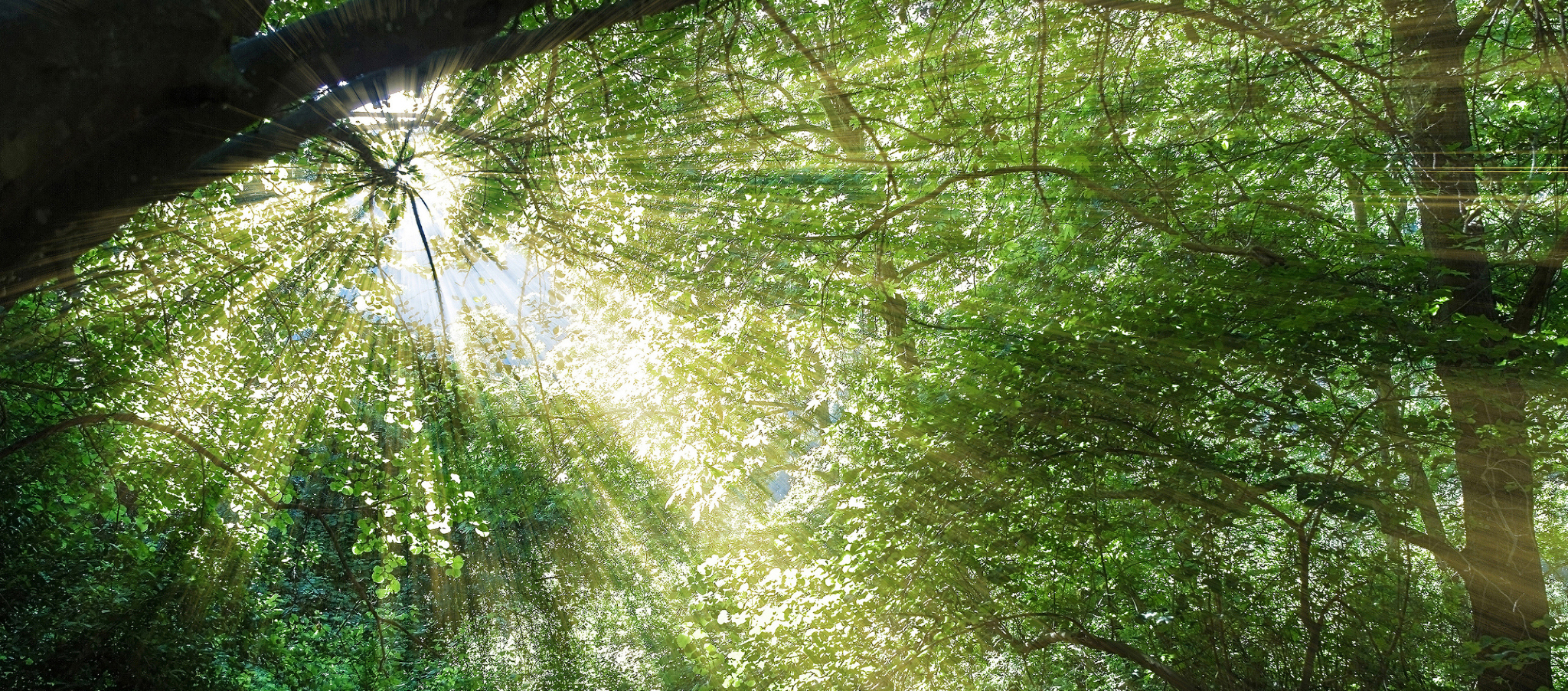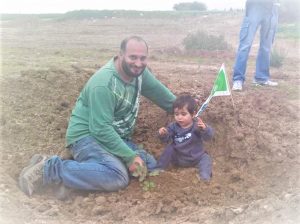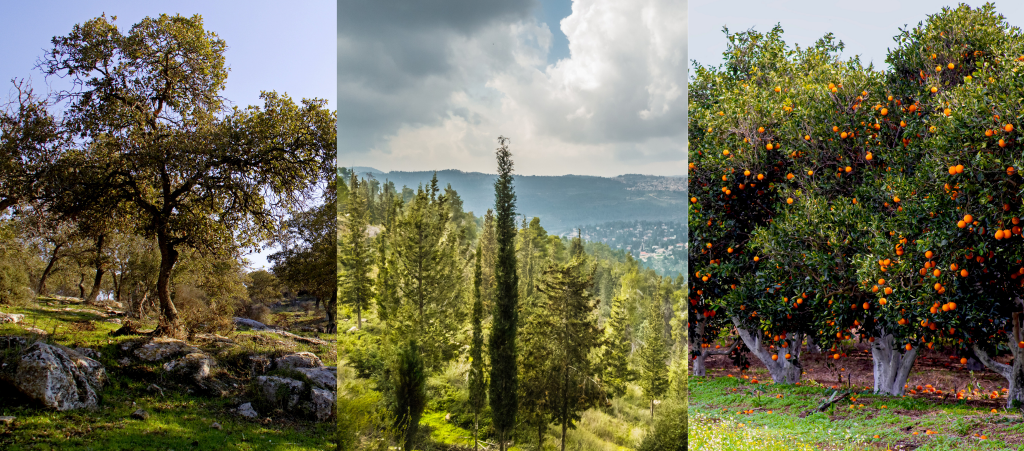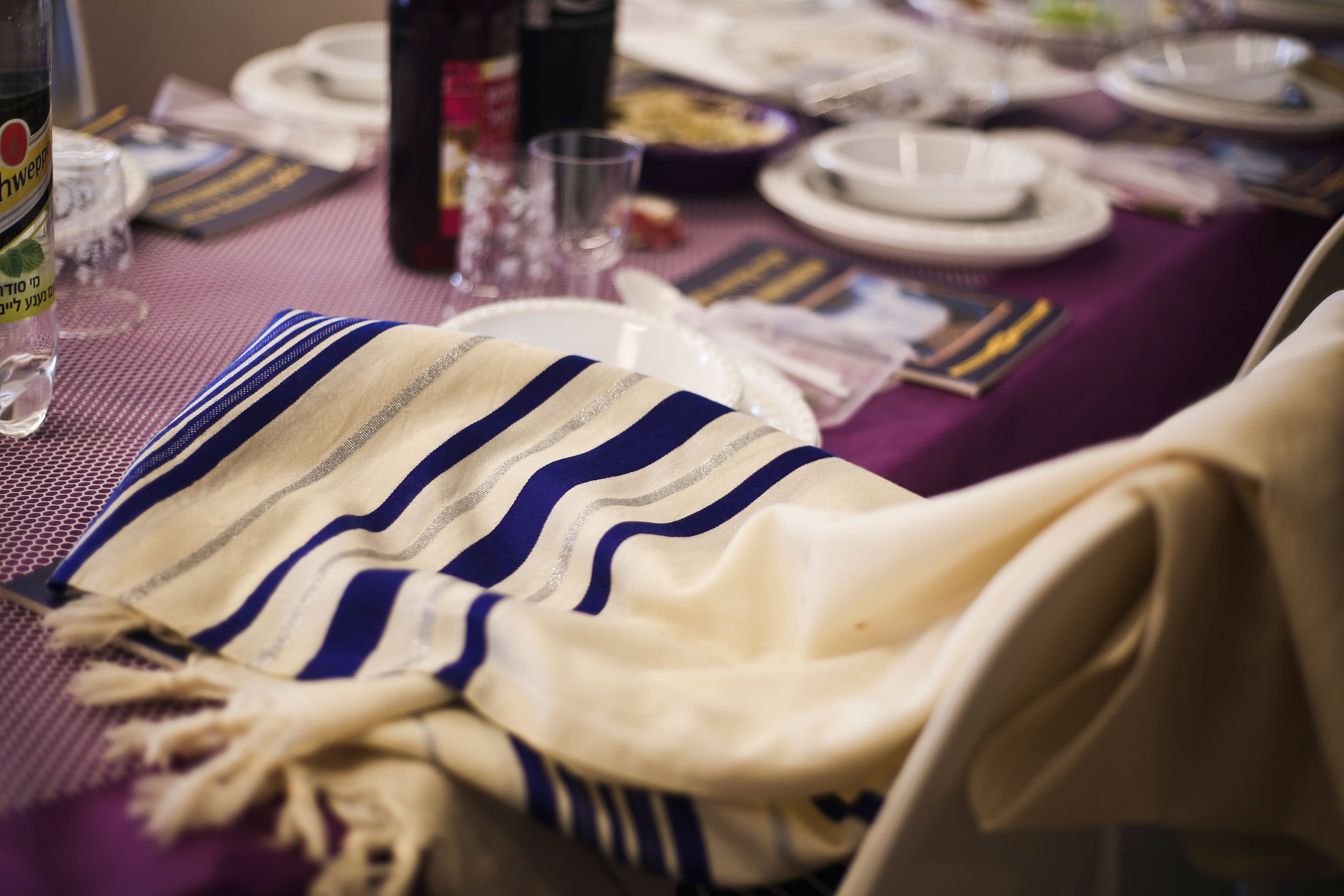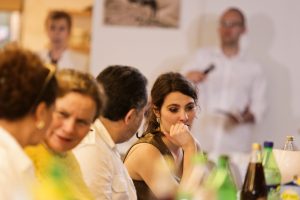During this last year of historic global shaking, we are pausing to reflect more during the biblical holidays because we understand this important reality: significant biblical events and holidays have an “in-time” component as well as a future, end-time prophetic component. The events described in the book of Esther and the holiday of Purim are no exception.
Purim is rich with lessons and morals to reflect upon, and this year’s Purim is imbued with added significance: exactly one year ago, Purim was the moment that the covid-19 pandemic blasted into Israel, sending the nation into a draconian lockdown. I have felt the somber significance of this date as the starting point for a very challenging year, and I have been asking God to speak to us about what He wants us to learn from this. I believe there is an important lesson here and, ultimately, a message of hope.
The 2020 Purim Effect – the holiday’s problematic side
Looking back over the past year, it is impossible to ignore the fact that Israel’s covid-19 crisis was jump-started by Purim celebrations which turned into mass infection events. At a recent press conference, Prime Minster Netanyahu went so far as to say:
“Last year Purim caused an outbreak that forced us to close the country.”
Since then, we have observed all our holidays in a subdued and even mournful way: each holiday the government ordered everyone to stay home to observe the holiday with only the nuclear family.
Ad lo yada – not knowing the difference between good and evil
Considering that Israel entered the new covid-19 reality on Purim, what could possibly be an “in time” lesson from this moment? It is important to point out the fact that Purim is the one biblical holiday that Jews, both orthodox and secular, observe in an unholy manner. Anyone who has been to a traditional Purim celebration will know that there is lots of food and alcohol, and things can get wild. In orthodox Judaism, the Purim principal of celebrating ad lo yada (until you don’t know), a statement from the Talmud, means you should get inebriated to the point that you don’t know the difference between evil Haman and righteous Mordechai.
In my younger days, I remember vodka shots served at the entrance of an orthodox synagogue in Jerusalem where we were going to hear a traditional reading of the Esther scroll. To be fair, every year rabbis try to reign in excessive Purim revelry and encourage temperance. However, with a green light from the Talmud, reckless abandon reigns even at many religious Purim parties. Purim is a high point for the party culture among secular Israelis who join the holiday revelry with raucous costume parties.
A Reflection Point
As I reflected on what God might want to tell us about the biblical timing of this pandemic with Purim, the principle of ad lo yada –being in a state of not knowing good from evil—struck me. Blindness to sin in the world should not surprise or shock us. What should disturb us is compromise with sin in our own lives. Personally (and for many others) this has been a terribly painful and confusing year, and, in reaction, my flesh has been crying out in frustration, depression, anger, confusion—just wanting to have the world back to the way it was. It has felt like a spiritual boot camp, and God has been showing me things about myself I was ignorant of or making allowances for.
As we approach the one-year Purim anniversary of when covid sent us into lockdown, I feel God in His grace lovingly reminding us to ask Him to search our hearts (Ps. 139:23-24). This year Purim’s dark side (ad lo yada) prompts us to ask ourselves challenging questions: in what ways have we been blind or made allowances for sin in ourselves? In what ways have we been in a spiritual stupor and lost sight of our basic calling to be light to a dark world? In what ways do we look just like the world? These are hard questions I have been asking myself. When it comes to questions like these, I always ask God to do the leading because He does it with love, grace and mercy. And we have the promise that He is faithful to complete the good work that He started in us. (Phil. 1:6)
2021 – Hope for a Purim Reversal (v’nahafoch hu)
One of the central themes of Purim for Jews is what we call in Hebrew v’nahafoch hu which literally means “it is turned upside down”. Purim is a story of dramatic reversals, of events being radically turned around and reordered in a moment by divine intervention, of death turned into life, of sorrow turned into joy. The book of Esther describes the Hebrew month of Adar, the last month in the biblical Hebrew calendar, this way:
…the month which was turned from sorrow to joy for them,
and from mourning to a holiday.
~Esther 4:22
The fast of Esther (Ta’anit Esther), which we observe the day before Purim, highlights the holiday’s opposites and reversals – from fasting and mourning one day, to extreme joy and celebration the next. While Purim 2020 marked the beginning of Israel’s entrance into the covid-19 nightmare, we have hope that Purim 2021 will be a v’nahafoch hu moment, turning the direction of events to come out of this pandemic with the lessons that God wants us to learn and with the fruit that He wants to produce in us. As we come to the end of the biblical calendar year, we have something to look forward to: a new year and Passover, the holiday of redemption, are waiting for us right around the corner with a promise of hope and a new beginning!
by Tamar Afriat

